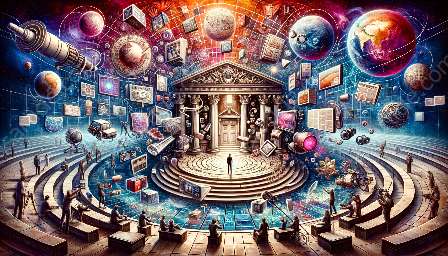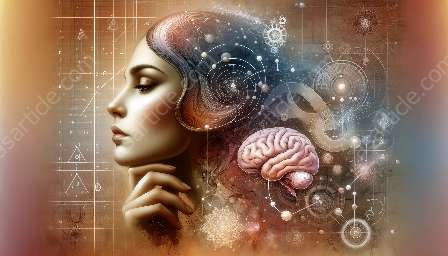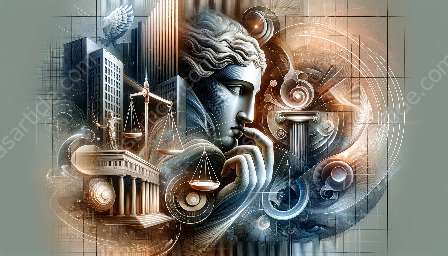The philosophy of technology is a fascinating area of study that explores the nature, development, and impact of technology on human existence. It delves into the ethical, metaphysical, and epistemological aspects of technology, examining how it shapes and is shaped by human values, culture, and society.
At its core, the philosophy of technology questions the fundamental nature of technology, challenging conventional wisdom about its role in human progress and its effects on the environment and society. This interdisciplinary field brings together insights from philosophy, sociology, ethics, history, and the natural sciences to provide a holistic understanding of technological innovation and its implications.
Philosophy of Technology and Applied Philosophy
Applied philosophy is the practical application of philosophical principles to real-world issues, including those related to technology. The philosophy of technology is a crucial component of applied philosophy, as it serves as a guiding framework for ethical decision-making in technological design, implementation, and use. By examining the ethical implications of technological advancements, applied philosophy helps inform responsible innovation and governance in the realm of technology.
The intersection of philosophy of technology and applied philosophy is particularly significant in addressing pressing ethical dilemmas, such as data privacy, artificial intelligence ethics, and the moral implications of biotechnological developments. It involves critical reflection on the values and principles that should underpin technological progress, ensuring that advancements align with human well-being, justice, and sustainability.
Philosophy of Technology and Applied Sciences
Applied sciences, encompassing fields such as engineering, computer science, and biotechnology, are deeply intertwined with the philosophy of technology. The philosophical examination of technology influences the direction and ethical considerations of applied sciences, contributing to the responsible and purposeful application of scientific knowledge.
Philosophy of technology informs the ethical and epistemological considerations in the development and deployment of scientific innovations. It encourages scientists and engineers to contemplate the broader implications of their work, fostering a more conscientious approach to technological advancement. Furthermore, by engaging with the philosophy of technology, practitioners in the applied sciences gain valuable perspective on the societal and ethical ramifications of their contributions.
Impact on Modern Society
The philosophy of technology, in conjunction with applied philosophy and applied sciences, has a profound impact on modern society. It shapes public discourse on technological issues, influences regulatory policies, and fosters a culture of responsible innovation and technological governance.
By engaging with the philosophical dimensions of technology, individuals and organizations can make informed decisions that consider not only technical feasibility but also ethical implications. This proactive approach to technology adoption and development helps mitigate potential risks and promotes the alignment of technological progress with societal values and well-being.
Furthermore, the integration of philosophy of technology with applied philosophy and applied sciences has the potential to foster interdisciplinary collaboration, leading to more holistic solutions to complex societal challenges. This collaboration can stimulate the emergence of technological innovations that prioritize ethical considerations, social impact, and sustainability.
Conclusion
The philosophy of technology serves as a critical bridge between theoretical inquiries into the nature of technology and the practical dimensions of applied philosophy and applied sciences. By exploring the ethical, metaphysical, and epistemological dimensions of technology, this discipline enriches our understanding of technological innovation and its societal implications. Its intersection with applied philosophy and applied sciences amplifies its real-world impact, shaping the ethos of technological development and governance in the modern era.




































